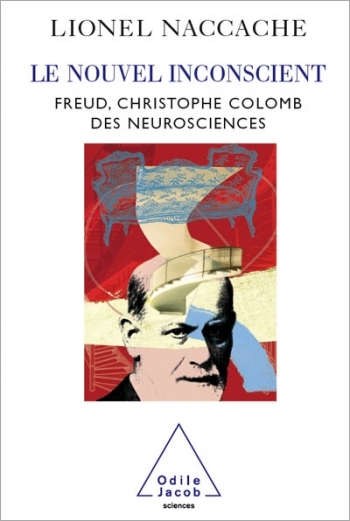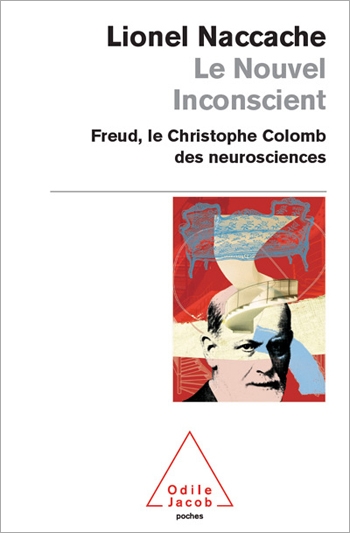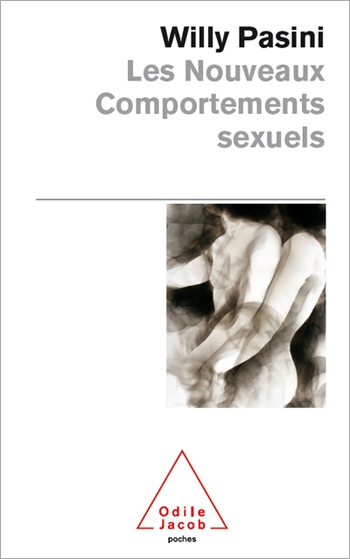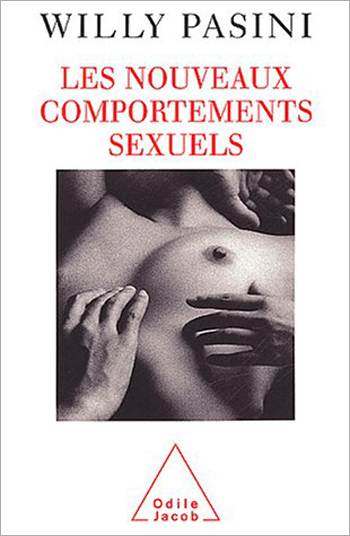General Psychology All books
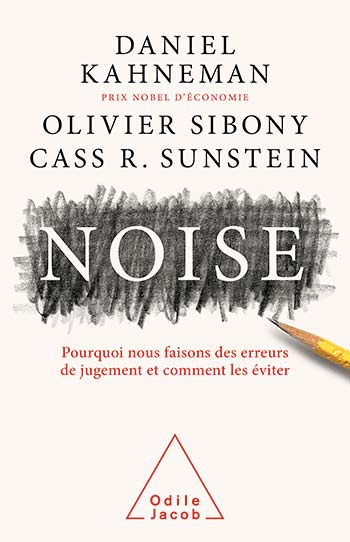
Daniel Kahneman, Olivier Sibony, Cass R. Sunstein
Noise A Flaw in Human Judgement
How can we explain the great variability in judgements in realms in which there shouldn’t be any – medical diagnostics, judicial sentences, recruitment, insurance policies, etc.? A powerful and innovative work.
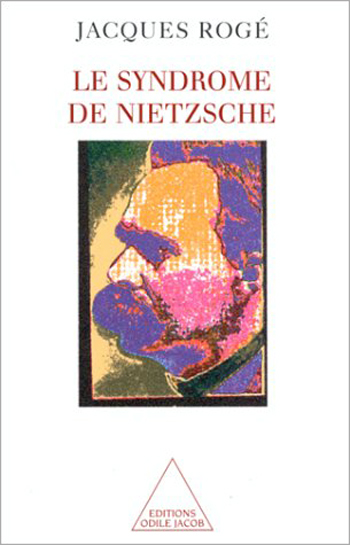
Jacques Rogé
Nietzsche's Syndrome
Nietzsche was a manic-depressive. This is the conclusion that one doctor, Professor Jacques Rogé has come to after reading the works of the great philosopher, in particular his autobiographical texts. In light of this diagnosis, he explains why the author of Joyful Wisdom continuously oscillated between periods of creative exultation and periods of melancholic depression. In particular, he draws out the essential role that this illness played in the explosion of Nietzsches genius.
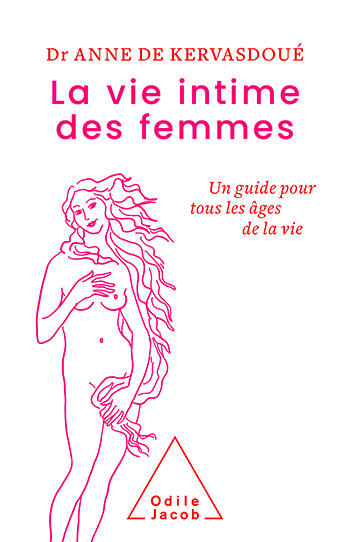
Anne de Kervasdoué
New Questions from Women Responses to 1001 questions that women ask about their health and their well-being, at every age in life
All the experience and knowledge of a gynecologist who has been listening to women for 40 years.
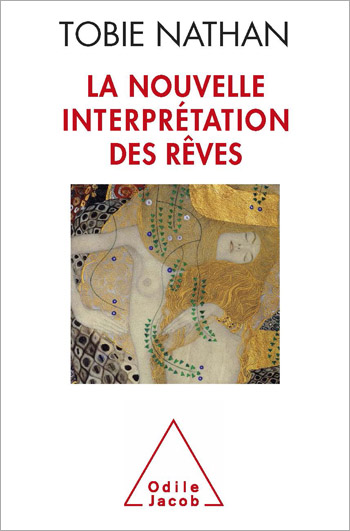
Tobie Nathan
The New Interpretation of Dreams
“A dream that has not been interpreted is like an unread letter,” according to one of the treatises of the Talmud. For a long time, it was thought that psychoanalysts were dream specialists, and Freud himself regarded The Interpretation of Dreams as his seminal work. But Freud never revised the general principles that he defined in 1899, and no psychoanalyst since then has made new propositions to the Freudian postulates concerning methods of dream interpretation. Today, the majority of researchers working on dreams are neurophysiologists, who completely exclude any notion of interpretation. So the issue remains intact and is far from being resolved. While conceding that dreams constitute a physiological reality, Tobie Nathan argues that they cannot be regarded as the hallucinatory fulfilment of the dreamer's repressed wishes, as is generally claimed. So do dreams serve any purpose? Do dreams have any meaning? Nathan returns to these age-old questions and examines them with the audacity and originality that he is known for. In the process, he draws on recent findings in the neurosciences, on the teachings of psychoanalysis — as well as on the lessons of the Talmud.

